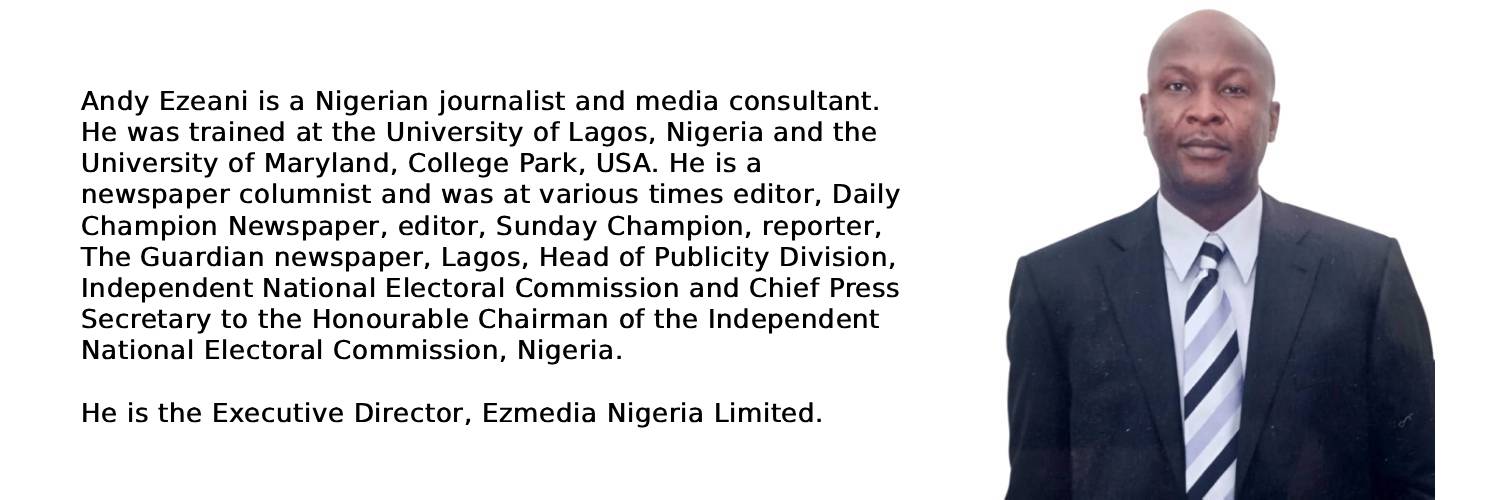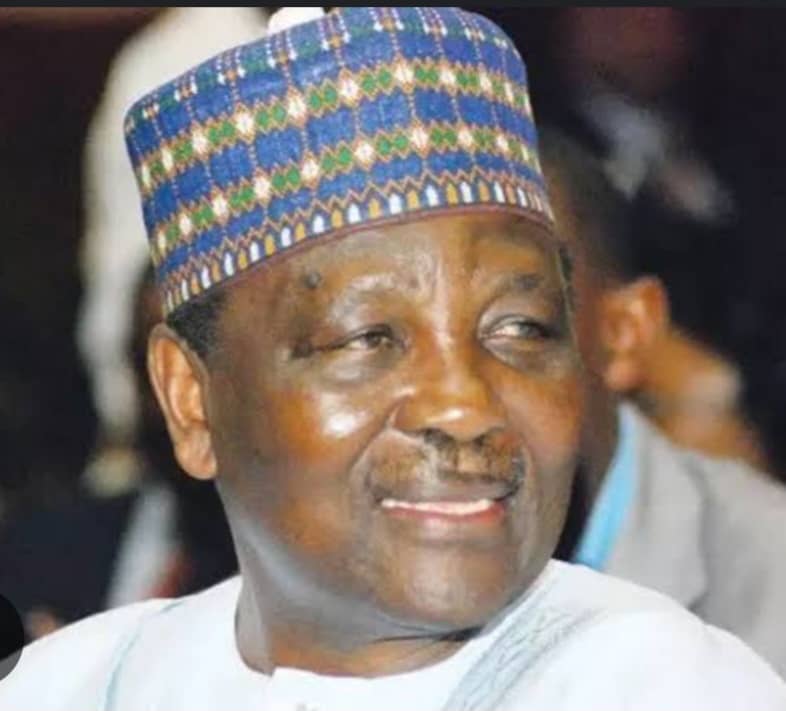As he marches naturally further into the sunset of his eventful life, former Nigerian Head of State, General Yakubu Dan-Yumma Gowon,91 years, increasingly comes across as a haunted man. The telltale signs are discernible. Caught in that uncomfortable state of mind, a man always grapples with an inner pressure to offer explaination, for one thing or another, even when no one asks for it.
Gowon appears to have many things about the past to explain these days. Many times, he does this at inauspicious moments. Pathetically, he distances himself, either by design or by nature, from issues of present relevance. Put succinctly, the General’s past is holding his present captive, to the point of rendering him irrelevant, even in places where he ought to be an asset.
The Nigerian civil war ended over 55 years ago. In the half a century since the ruinous conflict, Nigeria has drifted dangerously further from any prospects of nationhood. Progressively over the years, the country has become more damaginly fragmented. It has declined sharply in governance. Almost all values that elevate a society have also been compromised and degraded.
The root of the great impairment can easily be located in the gross mismanagement, if not total absence, of a purposeful post-war agenda by the government that prosecuted the war.
Till date, the circumstances and events that culminated in the 1966-1970 uncivil war have remained officially unprocessed and mindlessly unexamined by regimes and governments of the last five decades. While references to the war and the events leading to it, both in formal and informal platforms have often been driven by emotion, the government has not deemed it important to seek reasonable closure to the tragedy.
It has rather adopted an ostrich disposition as the best policy in the matter. Why expend resources and rigour to bring closure to the incident when political gain can be made by sustaining distrust among the constituent peoples of the country? This tends to be the mindset of the dominant political elite. Walking along this fatal route, some governments have gone literally out of their way to re-ignite the very spirit of distrust and injury that exploded into the uncivil war.
Clearly, no other policy personified the insincerity and cant that has characterized government’s disposition towards restoring the spirit of cordiality and brotherhood within the Nigerian state after the war than the sham called 3 Rs (Reconciliation, Rehabilitation and Reconstruction).
The policy, enunciated by General Yakubu Gowon, head of the Nigerian state who prosecuted the war, was said to have aimed at soothing the wounds of the war. Indeed, the programme was received as a manifestation of the nobility of Gowon’s spirit, an expression that he was committed to putting the war behind all. It turned out to be a hoax, a testament to what Gowon was not.
Thrust unto the leadership of the country at a very young age of 32 years, in the wake of the murder of the first military Head of State and commander-in-chief, General Thomas Aguiyi Ironsi, Gowon was affable. His personality and good looks helped to sell him to many, including those on the other side of the divide, as a dove who, though surrounded by hawks, seemed cast in the mould of a statesman, even at a tender age. As it turned out, dove of sort Gowon may be, but he was and has remained a faltering dove, ever fluttering haphazardly.
Every single pronouncement made by General Gowon to show good faith to the Biafran side at the end of the war ended up being duplicitous. No victor, no vanquished. Bunkum! At the very period he was making that empty proclamation, he was simultaneously presiding over the economic strangulation of the same Igbo.
He also acquiesced to the execution of the so-called abandoned property policy in Rivers State and presided over the equally pernicious confiscation of all Igbo monies in the banks. But there was no victor, no vanquished. Of course, his 3 Rs was just another dishonest contrivance.
Through all these, the General has been explaining that he knew little or nothing that was going on at every critical turn of affairs.When his Commander-in-Chief was killed, he said he did not know. He was led along, as it were, by Fulani officers who despised him but made him Head of State. At another juncture, he was prompted by the British to make decisions. Then, he had critical decisions made on his behalf by some powerful civil servants who had their own agenda in the geo-politics of Nigeria.
Malaria and fever even prevented him from addressing the country on his return from Ghana for a meeting, the outcome of which the fate of a troubled Nigeria literally depended.
In all the cases, Gowon, the General, the Head of State, was a tool used by men and elements for purposes he was not part of. Or so he claims. Half a century down the line, he is full of explanations.
Remarkably, not many, even among the Igbo, hold deep grudge against Yakubu Gowon. He obviously has that grace.
Now, it is not what Gowon did, or did not do in the past that has become a new troubling defining feature of his life as what he is not doing at the moment.His unnatural proclivity to preoccupy himself with obsolete cock and bull tales, while his hearth is on fire reflects badly on him . What is the worth of a statesman who dithers and demurs at every point need arises for him to speak up?
General Gowon is of Angas ancestry in Kanke Local Government Area of Plateau State. Very early in life, his parents moved to Wusasa in southern Zaria, Kaduna State. He grew up straddling the two cultures of the Angas and Wusasa.
By a turn of fate, not completely unconnected to General Gowon’s role in Nigeria’s history, both his ancestral homeland in Plateau State and his adopted home of Southern Kaduna have been devastated by Fulani invaders in the last ten years.
Whichever way Gowon turns, his home stead is in ruins.
What has General Gowon, Nigerian statesman, son of the Angas, and a proud son of Wusasa done about the travails of his peoples? Nothing! What has he said about the devastation of his heritage? Nothing!
Between June 10-13, 2025, in another episode of an ethnic cleansing scheme that remains unabated, no less than 200 persons were killed the in Yelewata, Benue State by rampaging Fulani militia that the Nigerian state, insist on calling herdsmen.
The world recoiled in shock, and condemnation rang across the world. The Catholic pontiff, Pope Leo XIV, decried the killing and raised prayer for Nigeria. United Arab Emirate (UAE) condemned the massacre and condemned the attack, which it called “heinous and cowardly”.
What did General Gowon do at the very point where the country was grappling with the Yelewata killings? He was found at a national television network programme regaling the country on his meeting in Aburi in 1966 with Chukwuemeka Odumegwu Ojukwu. His focus was on how Ojukwu caused the outbreak of the civil war because he did not wait for him (Gowon) to recover from malaria fever to address the country on the accord in Aburi before he did so. About the killing in Yelewata or Plateau State, Gowon had no word. No condemnation. No protest.
At some point during his presidency in the United States of America, Ronald Reagan was accused by cynics among a section of the media, as well as his opponents, of putting his problem of dementia to good use. They alleged then that Reagan remembered what suited him and forgot what he elected to forget. That may have been harsh, considering that the ailment was real, leading to his total loss of memory eventually, before his demise.
General Gowon does not have any known problem of dementia, but he is 91 years old. May be someone around him needs to touch him and tell the General that his house is on fire. What he agreed with Ojukwu in Aburi and who did what to the agreement has since become another Mike Ejeagha story.
The Angas of his birth are endangered. Thanks to Governor Uba Sani, Wusasa and southern Kaduna may be having some reprieve at the moment. Gowon can not insist on not hearing the war drum at his doorstep, even if he lives in London.


